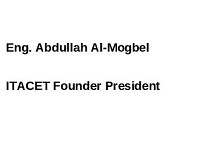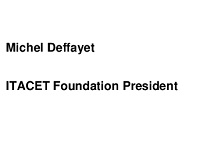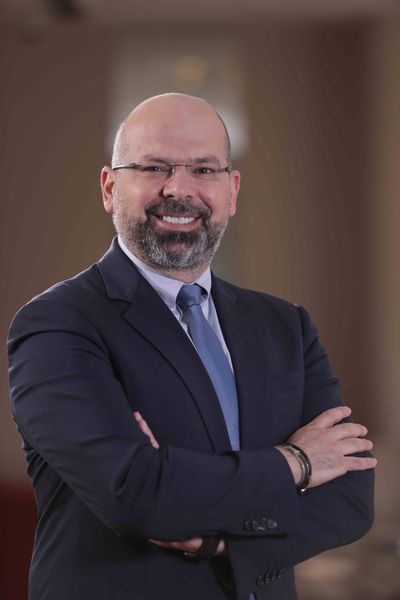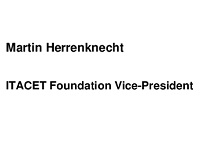
Underground works are subject to numerous risks and uncertainties, which must be sufficiently taken into account by all stakeholders if a project is to meet with success. Over recent years, growing awareness of the importance of risk management has led to an increasing demand for training on this topic from ITA Member Nations.
Within this context, the ITA-CET Foundation and the CTES, (the Chilean Committee for Tunnels and Underground Space) organized a successful two-day course on Risk Management in Tunnelling in Santiago de Chile on the 6th and 7th September 2017. The aim of this course was to provide an introduction to the risk management process throughout a project lifecycle, from the planning, design and construction stages, through to the operation of a tunnel or underground project.
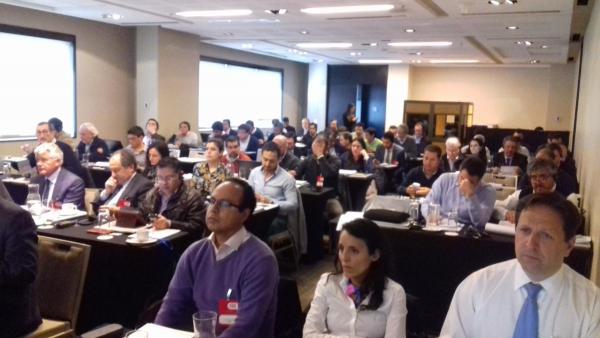 The course, which was aimed at owners, decision-makers, consulting engineers, contractors and others with an interest in risk management activities attracted over 70 participants.
The course, which was aimed at owners, decision-makers, consulting engineers, contractors and others with an interest in risk management activities attracted over 70 participants.
After the Chilean representatives and the ITA President, Mr Tarcisio Celestino, had welcomed the participants to the venue, the course kicked off with an introduction to risk management concepts and risk policies. Specific hazards and risks in tunnelling were then presented and the importance of site investigations for identifying geological and geotechnical uncertainties was stressed.
The second session then went on to look at how to implement a risk management process, with a focus on risk management plans and the importance of identifying hazards, risks and uncertainties at the design stage. A case study helped demonstrate the principles presented.
The second day started off with a look at contractual issues, with a case study providing an example of contracts with risk sharing. The organizers of the training session then had the opportunity put their own risk management process into practice, as one of the speakers was unable to attend, due to a last-minute set-back! As this risk had been effectively identified, analysed and assessed beforehand, the organizers were able to implement compensatory measures and the lecturer was able to give his talk and interact with the participants thanks to the wonders of Internet!
The afternoon focused on risk management during construction, with two more interesting case studies. A discussion then rounded off the course, tackling the question “does a risk management process help to avoid disputes?”.
The participants, who were from varied backgrounds, were all awarded a certificate.
Click here to see the programme.pdf
ITA Lecturers




